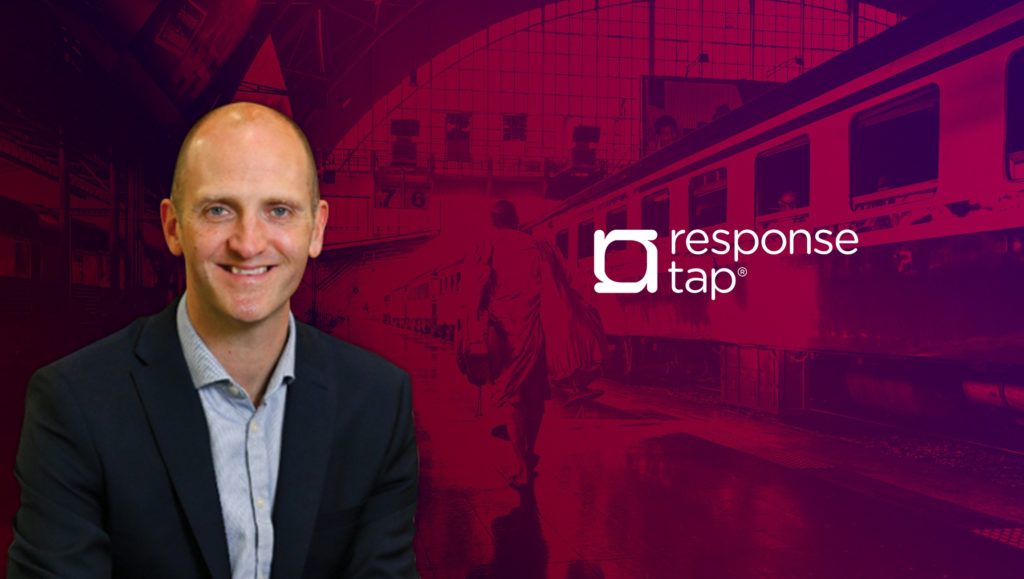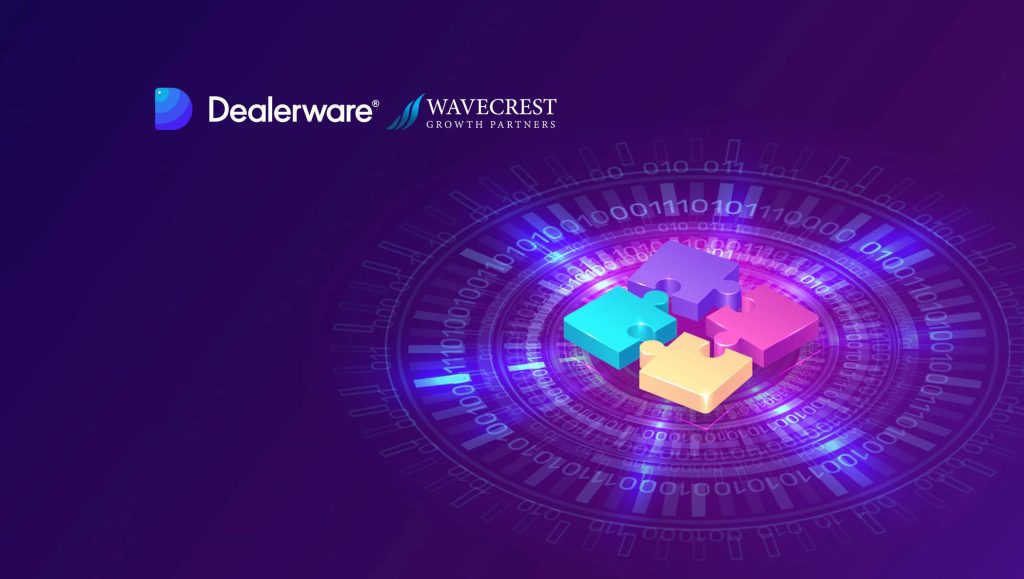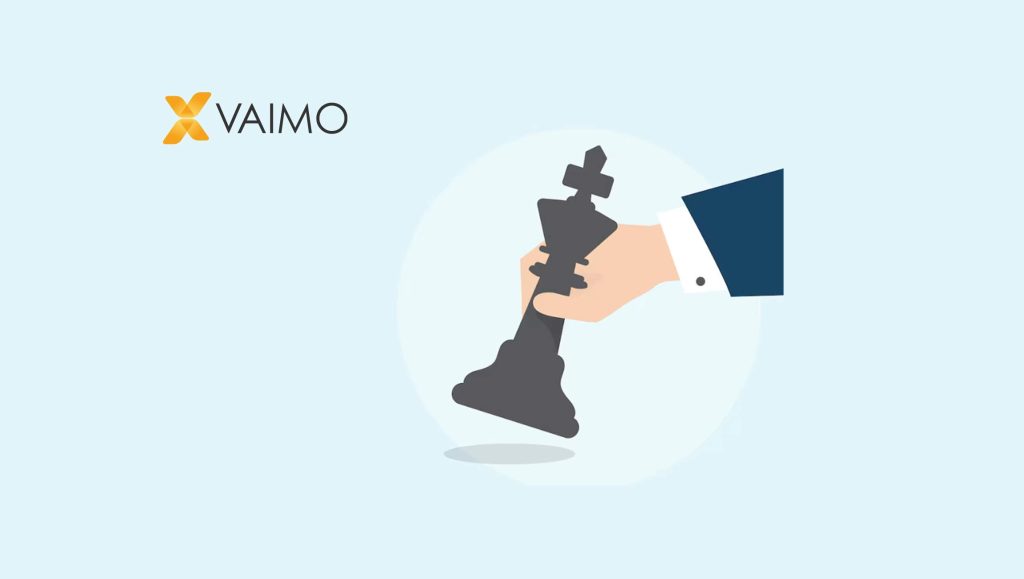Any organization spending budget on digital advertising could benefit from Call Intelligence, but it adds the most value in industries where the phone is part of the customer buying journey, such as travel, utilities, insurance and automotive.
Marketing and sales teams rely on technology to measure their call performances. ResponseTap, an intelligent call tracking platform for omnichannel customer experiences, provides a unique set of features in its product suite. This includes, visitor-level call tracking, Smart Match, attribution and next-best action prompts. We spoke to the man who leads the marketing team at ResponseTap about call tracking industry and how his product marketing team is sialing the waves of intelligent technologies in 2018. Here’s Nick Ashmore, VP of Marketing at ResponseTap.
Tell us about your role and how you got here? What galvanized you to be a part of a Call Intelligence provider?
I’m the VP of Marketing at ResponseTap, Europe’s leading Call Intelligence provider. I joined the business in July 2016 and have been lucky enough to build a team around me from scratch. I have board level responsibility for our direct and channel marketing strategies for both the UK and North America.
Prior to ResponseTap, I spent ten years in integrated agencies and eight years at Monitise, which I joined as a start-up and helped it grow into a billion-dollar business.
As a buyer of martech in previous roles, I’ve experienced first-hand the exponential growth in software designed to help marketing departments do their job. What interested me most about ResponseTap was the ability to link online customer journeys to offline phone sales.
How do you define your ‘Universal Consumer Profile’ at ResponseTap?
Any organization spending budget on digital advertising could benefit from Call Intelligence, but it adds the most value in industries where the phone is part of the customer buying journey, such as travel, utilities, insurance and automotive. We target these sectors directly and also through digital marketing agencies who often buy our software to prove that their campaigns are driving phone sales.
What would you say is the biggest driver for the change in the marketing and sales automation industry? How do Call Intelligence technologies feature in this dynamic ecosystem?
With around 5,500 software vendors competing for the same budget and looking to solve the same marketing problems, consolidation in the industry is inevitable. The challenge remains of how to translate complex customer journeys & omnichannel marketing into actionable insights to empower marketers, not tie them up in technology knots.
How does Call Intelligence feature in this?
The data we have is unique and it complements the other technology that marketers use. It doesn’t try to do jobs that other martech products do. Instead, it works alongside them doing one job well – which is providing you with the data you need, to understand the role of the phone in your strategy.
Tell us about the new standards of Call Intelligence and how ResponseTap helps optimize call values along the customer journeys?
Call Intelligence is the new and improved version of call tracking. It’s more advanced for the digital world we are in. The advancement of Call Intelligence from traditional call tracking has taken into consideration things such as the changing role of PPC, the increase in digital advertising and the online customer buying cycle.
We don’t just count calls. We can link the outcome of a call, including profit, sale and call quality, to the marketing source, right down to the keyword. Also crucial for marketers is the improved attribution ability of Call Intelligence. Marketers can understand the role of each channel in driving the outcome of a call. Because you can measure every customer interaction, as well as the call, it’s one of the only platforms that lets you fully understand and attribute a phone call back to a marketing source.
How do you see Call Intelligence platforms evolving with the maturity of AI/ML and voice search? How do you prepare for an AI-centric ecosystem as a marketing leader?
The most accurate AI applications rely on aggregating multiple data points, so interoperability between technologies is vital. ResponseTap holds an integral, unique data set, which our customers aggregate alongside other data sources such as purchase history and demographics to inform their AI processes.
Machine learning and AI will help us to surface new insights. For example, a travel company might want to know what the best value keywords are in driving their highest profit holidays.
Predictability is key to succeeding in voice search so using speech analytics to understand natural phrases is an area that will develop.
In 2018, what’s your roadmap to transform customer relationships through optimized online conversations across all marketing channels?
Our focus is on developing our Knowledge Base and allowing our customers to share knowledge. We’re aware that a growing number of our customers want to communicate with us, and our platform, online and be able to share best practice amongst themselves. We’re lucky in that our customers are our biggest advocates, and as a result, we want to develop a community, so they can become super-users.
What marketing and sales automation tools do you use?
We use Salesforce, Lead Liaison, Datanyze, and ZoomInfo.
How do you bring together people and inspire them to work with technology at ResponseTap?
Building a great culture starts with hiring people better than yourself, giving them direction and empowering them so they can do their best work. One of the most rewarding things about working for ResponseTap is that everyone has the opportunity to play a major role in shaping the direction of the company.
What apps/software/tools can’t you live without?
For planning exercises, I use the Mindmap software, MindJet, whilst for cross-team collaboration and company-wide communication, we’re big fans of Slack.
What’s your smartest work related shortcut or productivity hack?
I rely heavily on voice recognition and behavioral analytics – also called having a conversation. We’re in a fast-moving business and often the quickest way to align teams or cut through the complexity is to have short, face-to-face meetings.
What are you currently reading? (What do you read, and how do you consume information?)
I’m currently reading ‘One Plus One Equals Three: A Masterclass in Creative Thinking’ by Dave Trott and Creativity Inc by the founder of Pixar, Ed Catmull.
Both are packed with wise words and practical advice for building creatively led high-performance teams. I find with the majority of the sales and marketing books doing the rounds, such as ‘Predictive Revenue’, is that everyone is applying the ‘best practices’ listed and then they very quickly become ineffective.
What’s the best advice you’ve ever received?
Go hard on the issue, soft on the person. I use this guiding principle in pretty much every conversation I have at work. I only wish it worked as well with my children.
Tag the one person in the industry whose answers to these questions you would love to read:
Jeremy Waite – Evangelist at IBM Watson.




















